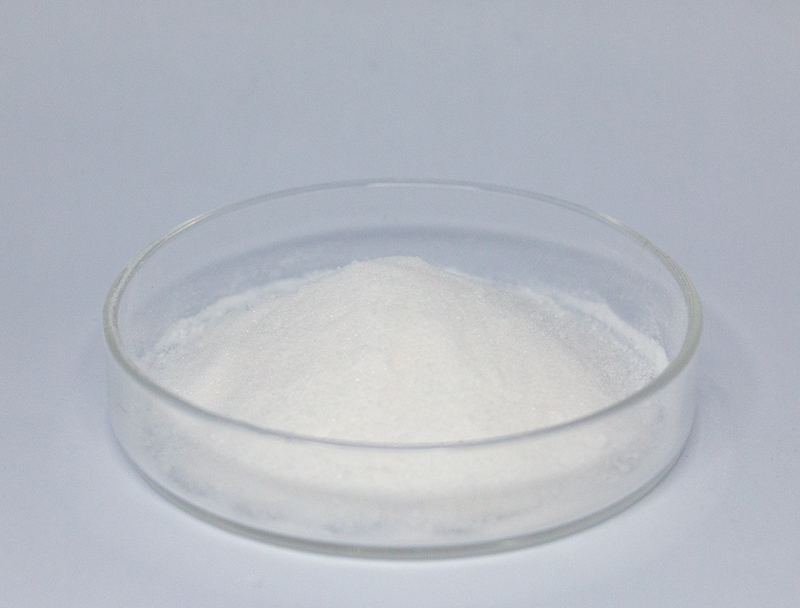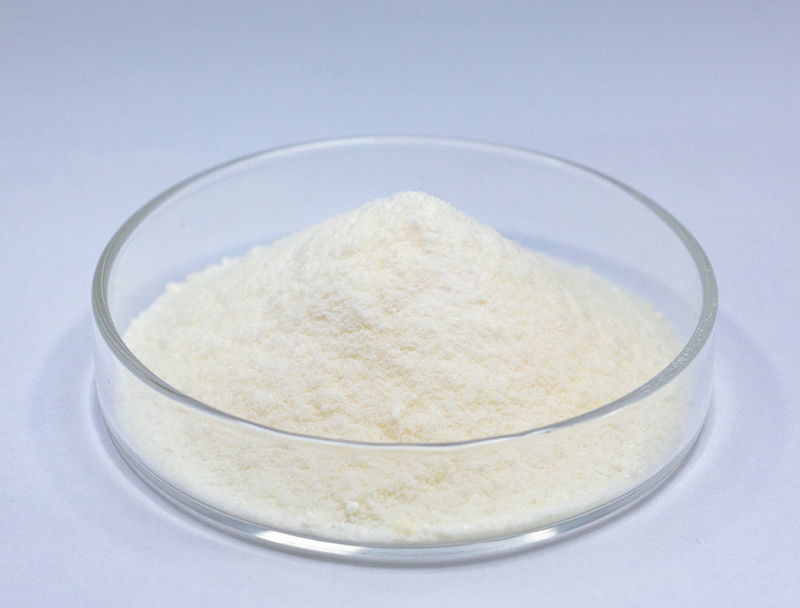
Bioprocessing depends strongly on a wide assortment of primary inputs for generating cutting-edge biobased goods.
Guaranteeing responsible procurement of such inputs is critical to longevity and principled development in the sector.
numerous problems stemming from established sourcing methods such as ecological damage and resource depletion. Accordingly, manufacturers should embrace green sourcing tactics to shrink their ecological impacts.
- Cases of responsible feedstock strategies feature:
- Leveraging biomass from food-processing residues
- Operating reuse-focused platforms to lower discard and increase efficiency
- Teaming up with provincial partners who practice sustainable procurement
This shift towards sustainable raw material sourcing is not only environmentally beneficial but also economically viable in the long run.
Refining Biomass Sources to Enhance Fuel Conversion
Maximizing the efficiency of biofuel production relies heavily on the quality and composition of biomass feedstocks. Engineers continually develop approaches to improve biomass suitability, producing improved fuel yields and a lower-carbon energy pathway. Methods encompass cellular engineering to augment biomass output and refining processes to liberate fermentable carbohydrates.
- In addition, projects pursue feedstocks like algae, waste fractions, and harvested residues to enlarge the selection of eco-friendly biomass for bioenergy.
- Thanks to continuous exploration the sector is prepared to realize considerable strides toward an eco-friendlier energy mix.

Upstream Process Improvements for Modern Biopharma Production
comprises front-end procedures like culture expansion and cell retrieval Modern progress within the sector has contributed to more efficient processes and higher production.
Important innovations consist of upgraded cell platforms, customized nutrient matrices, and smart bioreactor solutions. These refinements escalate production and lower expenses and environmental strain.
- Also, evolving practices favor continuous flow processing which supports more agile upstream control.
- The progression to advanced biomanufacturing approaches should modernize the field and quicken therapeutic progress.

Precision Genomic Tools Enhancing Biopharmaceutical Yields
refinements in gene-targeting technologies have advanced protein production workflows. By precisely targeting genes within host organisms, researchers can enhance the yield of valuable therapeutic proteins. Such strategies offer promise to create cost-effective, high-efficiency therapeutics across many disease areas.
Microbial Solutions for Greener Bioremediation Practices
forward-looking microbial interventions for environmentally friendly decontamination. Certain microbes have capacities to biotransform contaminants into nonharmful forms.. Harnessing microbe-based degradation fosters cleanup tactics that minimize environmental disruption and residual waste.. Scientists are actively exploring a wide range of microbial species with diverse metabolic capabilities to target various pollutants, including heavy metals, pesticides, oil spills.. Microbial cultures can function in contained bioreactors or be deployed onsite to facilitate biodegradative remediation..
Microbe-based remediation provides compelling advantages over standard remediation methods. This route is often more affordable and reduces the formation of toxic residues. Likewise, microbial systems can selectively degrade contaminants while sparing the wider environment. The field is rapidly refining methods to make microbial remediation more efficient and broadly effective.
Data-Driven Approaches for Therapeutic Development
Bioinformatics techniques are integral to present-day therapeutic development workflows. By screening targets and refining candidate molecules, informatics drives faster, evidence-based development.
- Through mining large genomic, proteomic, and clinical repositories, informaticians reveal new targets and forecast drug behaviors.
- Moreover, bioinformatics contributes to drug design by simulating the interactions between drugs and their targets, ultimately leading to the development of more effective drugs.
- In summary, bioinformatics overhauls pharmaceutical R&D and quickens the path to safe therapeutics for patients.
Optimizing Metabolism to Increase Bioproduct Production
employs a variety of strategies to augment the synthesis of valuable bioproducts within microorganisms. Approaches may include genome edits to rewire pathways, transcriptional control to tune expression, and heterologous gene insertion to add functions.. Through strategic metabolic edits practitioners can markedly increase the synthesis of target products.
This multifaceted approach has the potential to revolutionize a broad range of industries, including biopharmaceuticals, agriculture, and bioenergy.

Scale-Up Challenges and Prospects for Biopharmaceuticals
Upscaling therapeutic manufacturing brings major obstacles along with promising prospects. Preserving batch-to-batch quality when scaling up is a key challenge. Resolving it depends on rigorous control strategies, precise instrumentation, and comprehensive analytics.

Complexity in multi-step biomanufacturing operations presents ongoing operational challenges.. Adapting protocols for industrial scale requires considerable development work and engineering advances.. Despite challenges, the benefits may be considerable. Skilled scaling can enlarge supply, lower prices, and increase profit potential.
Various efforts target the core issues of industrialization. Examples include novel optimization technologies, predictive analytics for real-time control, and inventive production models.
- Developmental projects contribute critically to scaling manufacturing competency.
- Regulatory bodies are modernizing pathways to accelerate approval of advanced production technologies and support innovation.
Charting Regulatory Pathways for Biologics to Safeguard Patients
Creating biologic L-arginine-α-ketoglutaric acid medicines requires strict regulatory controls to maintain both patient safety and therapeutic value. Biopharmaceuticals, often derived from biological sources, present unique challenges compared to traditional medications.
Agencies such as the FDA in the United States and the EMA in Europe play a crucial role in establishing guidelines and standards for the approval of these innovative therapies..
Robust assay and safety testing are obligatory from discovery through post-marketing surveillance.. The measures work to spot potential hazards and validate that therapies reach demanding safety levels..
Likewise, authorities progressively modify regulatory tactics to follow the speed of innovation in biopharma.. Efforts comprise integrating cutting-edge tools and easing development pathways while upholding patient safety.

Harnessing Plant Feedstocks to Create Biodegradable Plastics
The expanding market for green materials prompts increased R&D into bio-based solutions. Plant-origin feedstocks converted into bioplastics create promising opportunities for eco-friendly materials. Renewable inputs including cornstarch, cellulosic matter, and sugarcane biomass can be processed into biodegradable plastics that minimize long-term pollution.
Likewise, some plant-derived plastics perform similarly to petroleum-based materials for a variety of uses.. Continuous development will unlock plant biomass value for sustainable bioplastic production and support circular systems.
Biotech Innovations Addressing Health and Food Challenges
Biotech provides transformative capabilities that can change healthcare outcomes and strengthen food systems. Via genetic modification, synthetic design, and therapeutic cell technologies, researchers build solutions to control infections, increase crop productivity, and enrich food quality.. Consider genetically enhanced crops that resist pests and environmental stresses to improve production and reduce pesticide reliance.. Similarly, biotech contributes advanced vaccines, antimicrobial strategies, and diagnostic techniques crucial for infectious disease management and health advancement.. As innovations mature, biotechnology can provide meaningful contributions toward global health and resilient food supplies for future generations.
